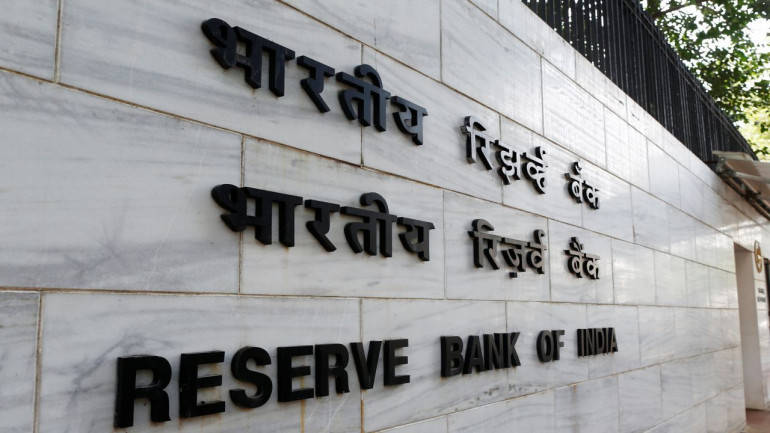Given the trend and outlook for inflation, we see clear space for a more accommodative stance in the monetary policy. This is all the more important given the state of industrial sector where growth is anaemic.

India Inc today said there is room for further rate cut by the RBI to boost investments from private sector and revive industrial growth, as wholesale inflation rose to 1.88 per cent in July.
“Given the trend and outlook for inflation, we see clear space for a more accommodative stance in the monetary policy. This is all the more important given the state of industrial sector where growth is anaemic.
“Private sector investments continue to remain weak which is key concern for now. We look forward to a further cut in the policy rate by the RBI at the earliest. This along with forthcoming festive season demand and expected improvement in rural incomes should help propel consumption and thus investment sentiment,” Ficci President Pankaj Patel said.
Wholesale inflation increased to 1.88 per cent in July as prices of some commodities increased in the first month of Goods and Services Tax (GST) rollout.
Inflation based on the wholesale price index (WPI) was 0.90 per cent in June 2017 and 0.63 per cent in July 2016.
“Continuous increase in the prices of petrol and high speed diesel due to rise in prices of crude oil globally have to be taken care of by policy makers since it may have impact on import bills and subsequent impact on exchange rates,” Assocham Secretary General DS Rawat said.
He said it is clear from the recent global economic policy announcements that interest rates are going to increase in future.
“As such policymakers must take corrective action to address the situation of rising interest rates coupled with the situation of twin balance sheet problems in India, limited capacity of private sector to invest and existing unutilised capacity of industries to produce,” Rawat said.
The government data released today showed that prices of food articles went up by 2.15 per cent in July on a yearly basis. In June, the prices had contracted by 3.47 per cent. Data released last week showed that industrial output hit a four-year low and contracted 0.1 per cent in June, mainly on account of decline in manufacturing and capital goods sectors.
Earlier this month, the Reserve Bank cut policy repo rate by 0.25 per cent to 6 per cent citing reduction in inflation risk. The rate cut was the first in 10 months and brought policy rates to near 7-year low.



